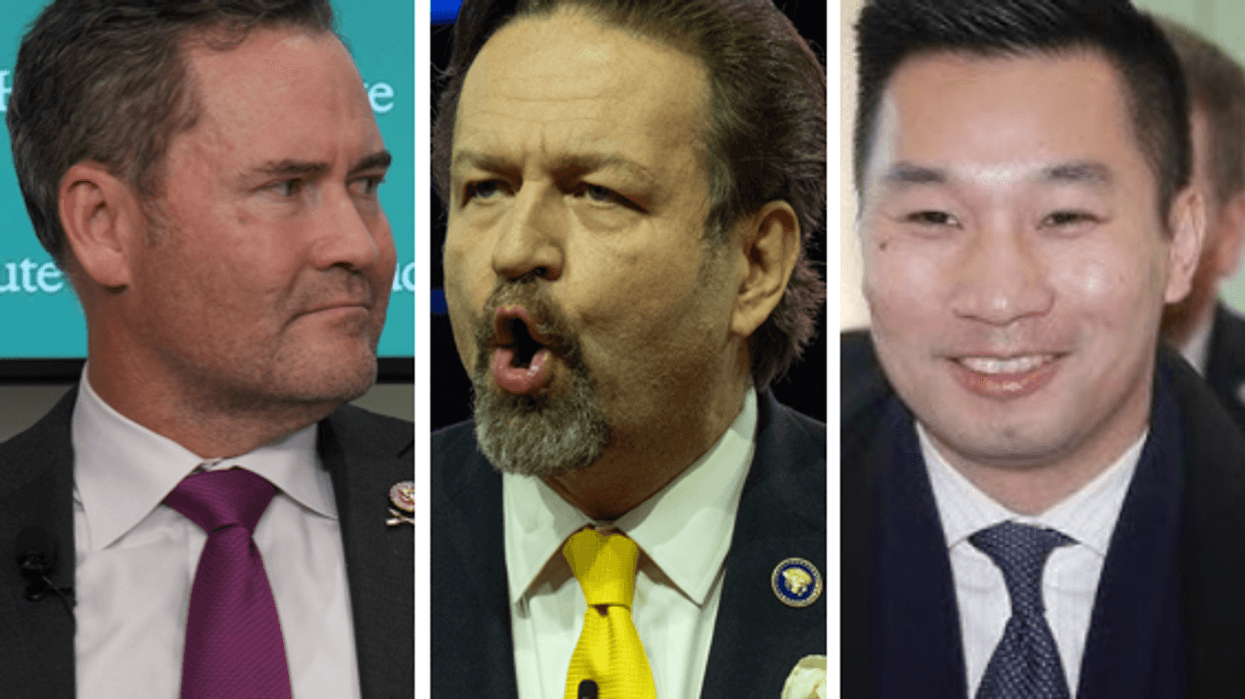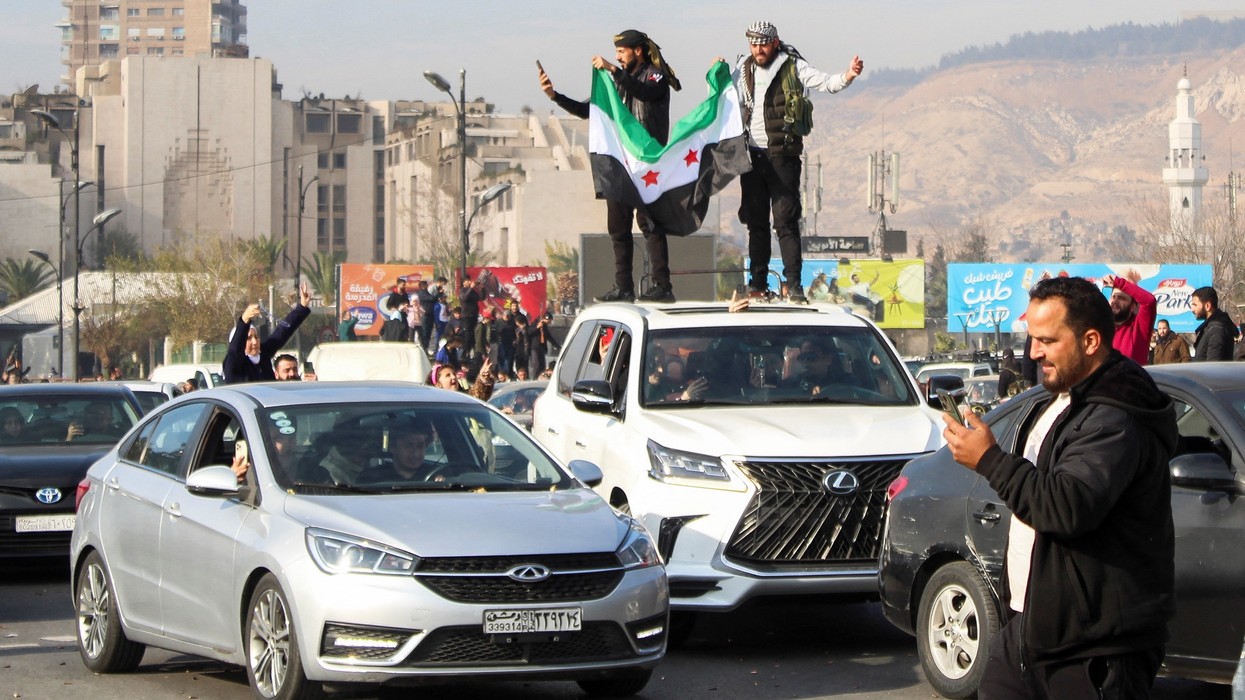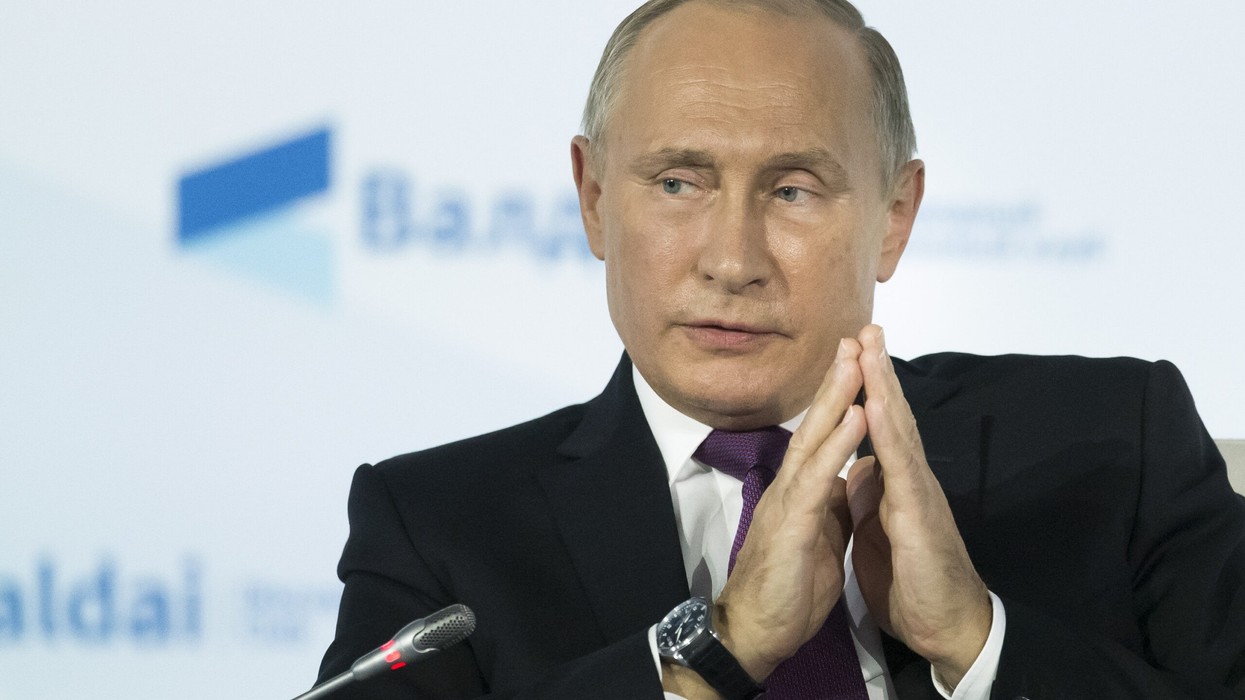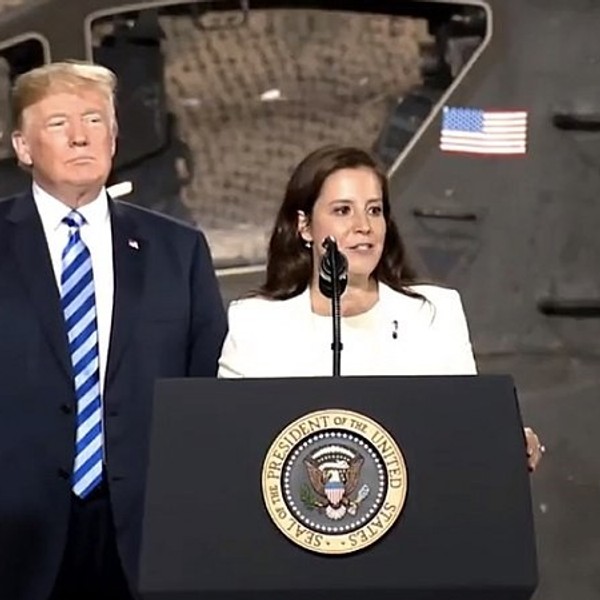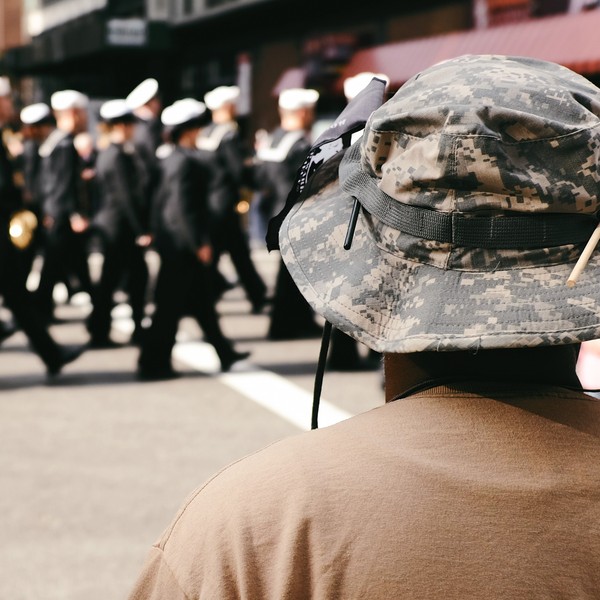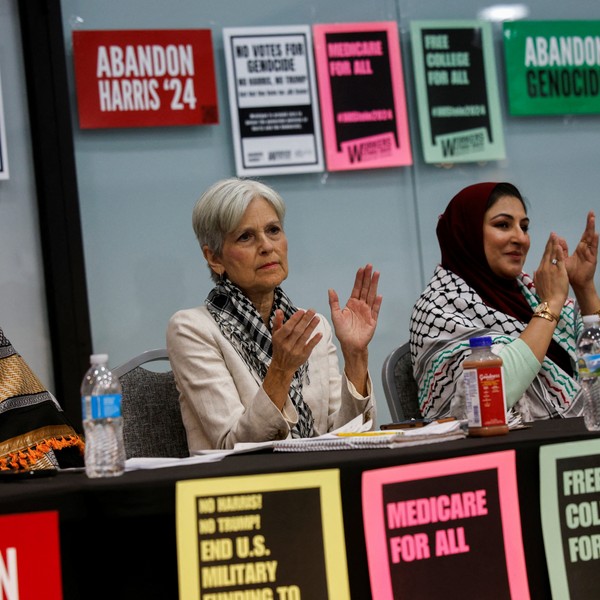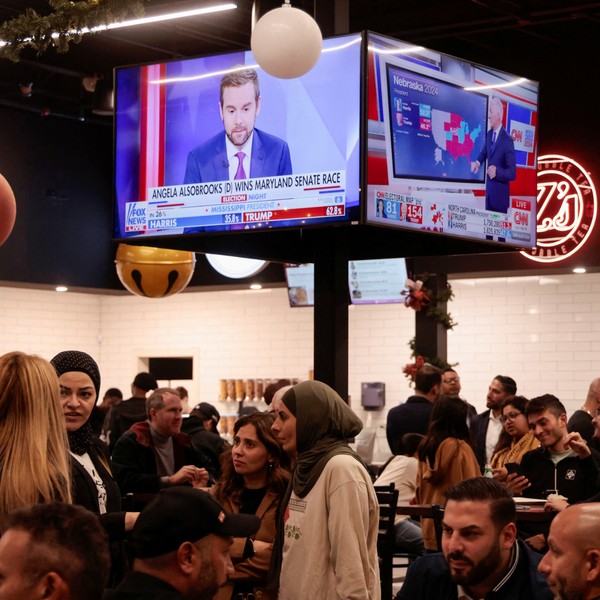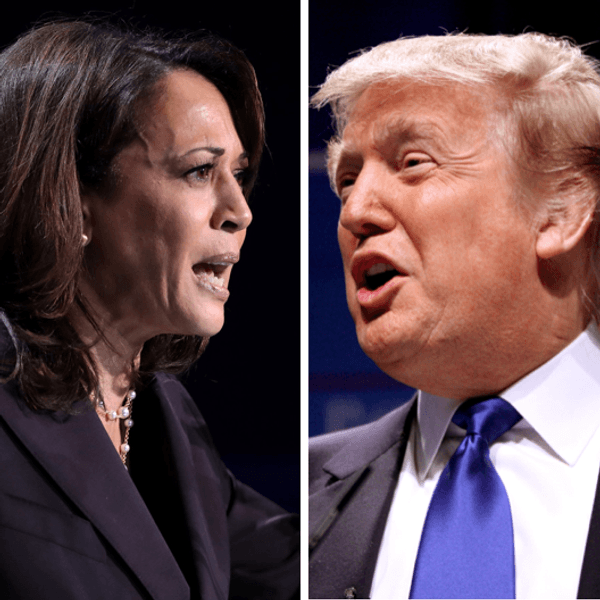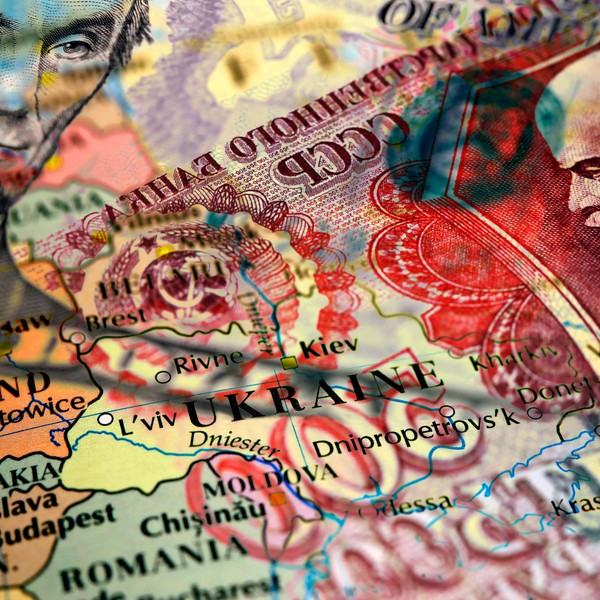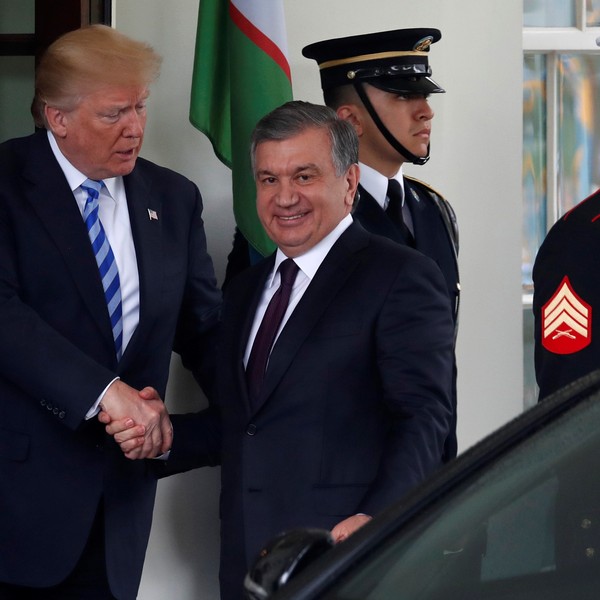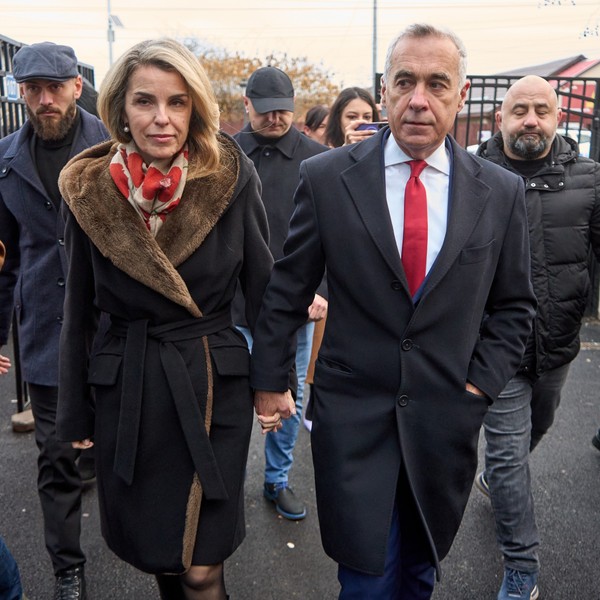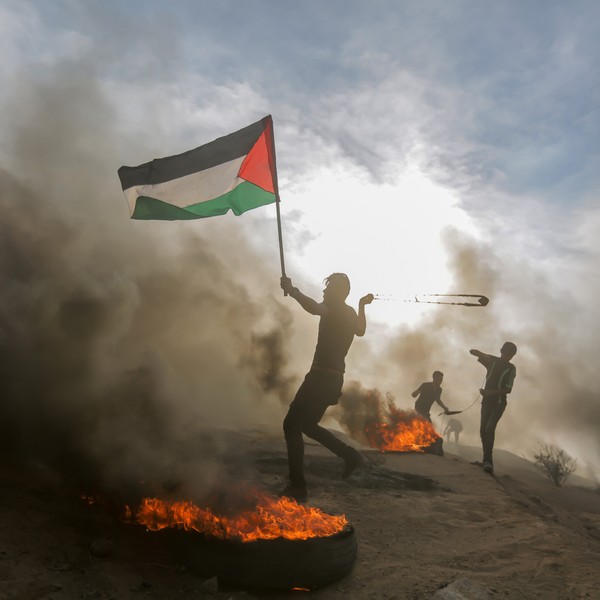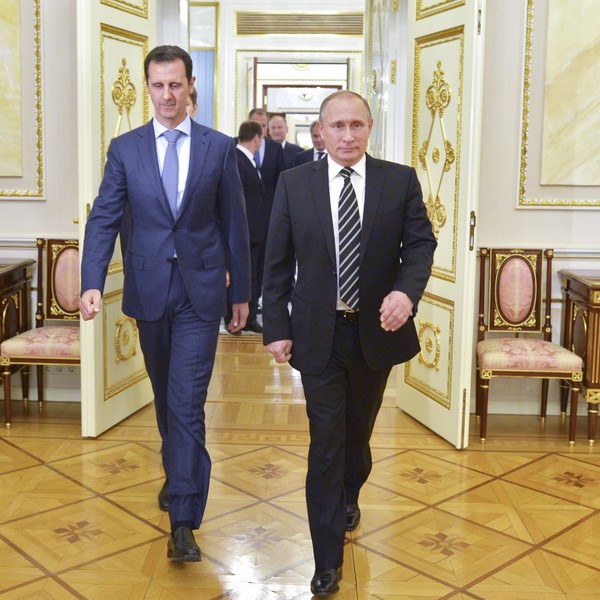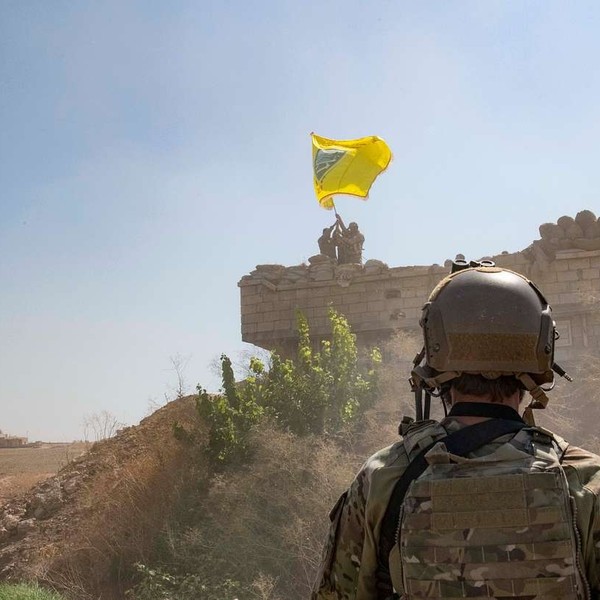Chinese Foreign Minister Qin Gang traveled to Europe this week, where he continued to make the case that Beijing is well-positioned to help mediate an end to the war in Ukraine.
“As a permanent member of the United Nations Security Council and responsible major country, China will neither watch the fire from the other bank nor add fuel to the fire,” Gang said during a stop in Berlin. “China is willing to maintain communication with relevant parties, including Germany, to achieve an early ceasefire.”
Gang’s comments earned a frosty reception from German Foreign Minister Annalena Baerbock, who argued that “neutrality means taking the side of the aggressor.”
French Foreign Minister Catherine Colonna took a more mild tone, noting in a readout that she told Gang “that China had an important role to play in convincing Russia to return to full compliance with the U.N. Charter, in particular the sovereignty and territorial integrity of Ukraine.”
The trip comes as China prepares to dispatch diplomat Li Hui as a special envoy for Ukraine negotiations, a move that has been in the works since Chinese President Xi Jinping spoke with Ukrainian President Volodymyr Zelensky last month.
Ukraine has approached China’s growing push for negotiations with cautious optimism — an unusual tone given Kyiv’s tendency to lash out at foreign leaders for what they view as half-baked peace plans. “It is too early to be able to say anything, and we are now waiting for Xi’s representative to arrive in Kyiv,” an anonymous Ukrainian official told the Wall Street Journal earlier this week.
Kyiv’s openness to Beijing’s new role appears to be having an effect in Washington. While American officials initially balked at the idea, the Wall Street Journal reported Sunday that many now believe China “could help bring Russia to the table” and negotiate an end to the conflict after Ukraine’s planned counteroffensive.
Notably, National Security Adviser Jake Sullivan met with his Chinese counterpart on Wednesday and Thursday of this week in the highest level U.S.-China engagement in months. While details of their conversations have not yet emerged, the White House said the pair had “candid, substantive, and constructive discussions on key issues,” including the war in Ukraine.
As the Journal noted, the apparent “interest in negotiations brings Washington in closer alignment with some European countries, which are eager to see the conflict end, or at the very least moderate in intensity, and have been the most intent on discussing some resolution this year.”
But the exact timing of talks remains a topic of disagreement at the top levels of government. “Key U.S. officials on the National Security Council are in favor of negotiations, according to European officials, while the State Department and the Central Intelligence Agency have been more skeptical, eager to see how the offensive goes before pitching for a diplomatic off-ramp,” the Journal wrote.
In other diplomatic news related to the war in Ukraine:
— Zelensky said Ukrainian forces “still need a bit more time” for Western equipment to arrive before launching their long-awaited counteroffensive, according to Reuters. The Ukrainian leader has sought to manage expectations about the potential success of the upcoming campaign, while many in the West have begun to argue that a successful counteroffensive could open the path to negotiations.
— In related news, the UK announced Thursday that it has delivered long-range missiles to Ukraine ahead of the counteroffensive, according to CNN. The move should short-circuit some hawkish attacks on the Biden administration, which has balked at the idea of giving Ukraine weapons that could be used to attack targets inside of Russia. For its part, Moscow will likely view the move as an escalation in Western support for Kyiv.
— In a town hall on Wednesday, former president and current GOP frontrunner Donald Trump said he wants Europe to “put up more money” to support Ukraine’s defense and contended that he could rapidly negotiate an end to the war if he was still in office, as RS reported Thursday.
— On Thursday, the United States accused South Africa of providing weapons to Russia, according to AP News. The accusation centers on a Russian ship that recently docked at a naval base in South Africa where it allegedly picked up military equipment that was later transported to mainland Russia. South African President Cyril Ramaphosa told reporters Thursday that “the matter is being looked into” but didn’t give details on the nature of the investigation. If the allegation proves true, it will cast serious doubt on Pretoria’s claim that it has maintained a neutral position on the war.
U.S. State Department news:
In a Monday press conference, State Department spokesperson Vedant Patel said the U.S. does not intend to designate the Wagner Group — a powerful Russian mercenary group — as a foreign terrorist organization. “We continue to believe that the group is largely motivated by profit, not motivated by fame or some of these other things that are made when assessments are happening for a potential FTO designation,” Patel said. “What I will also say is that we know that the Wagner Group, when they are active in a country, that country is less stable, less secure.”

